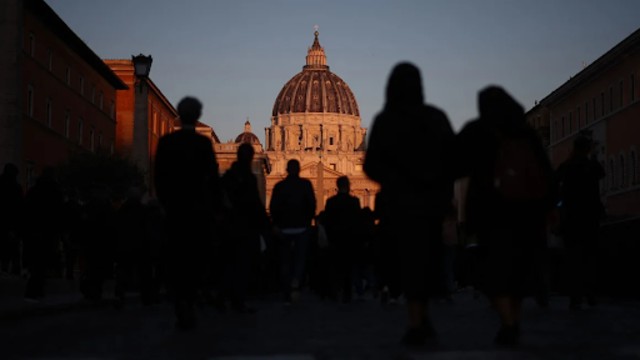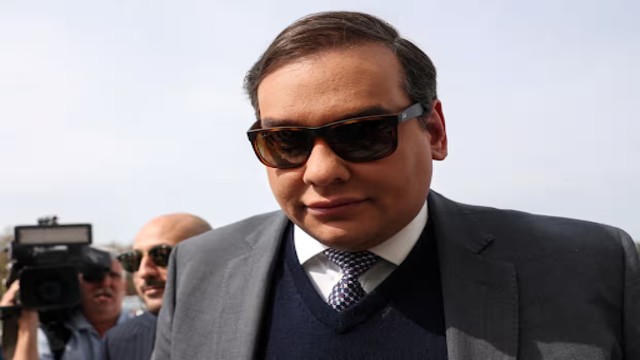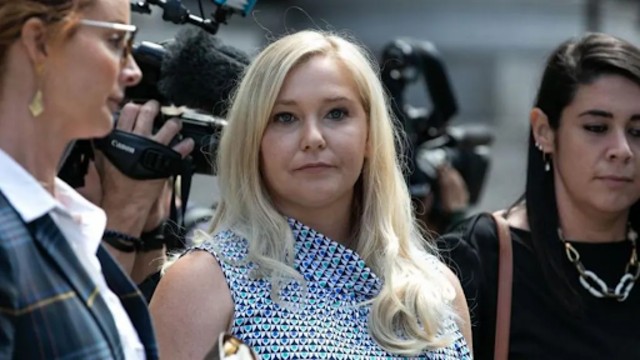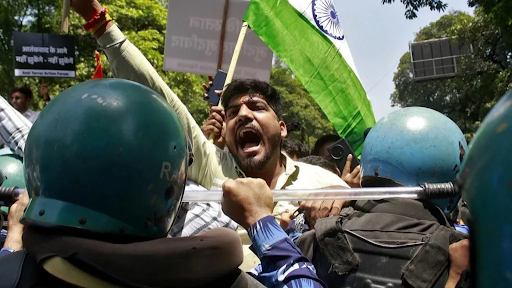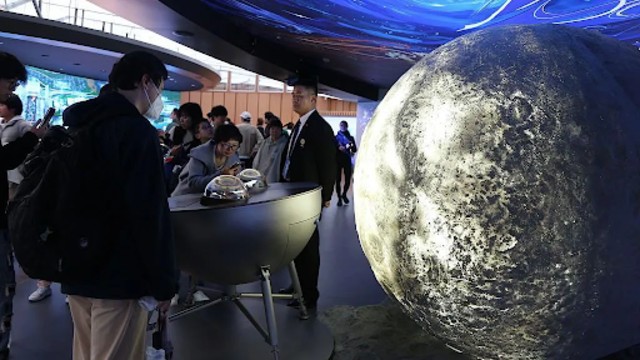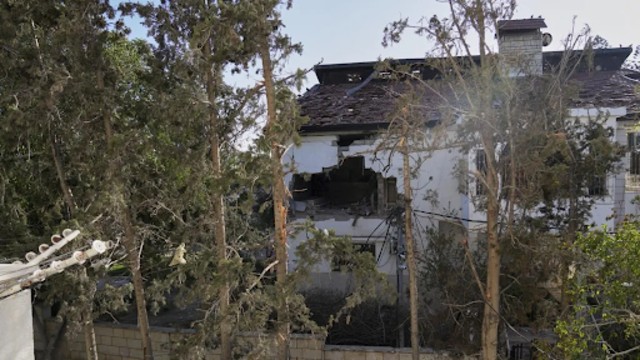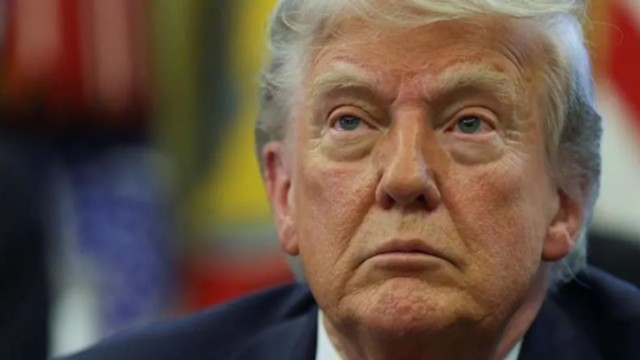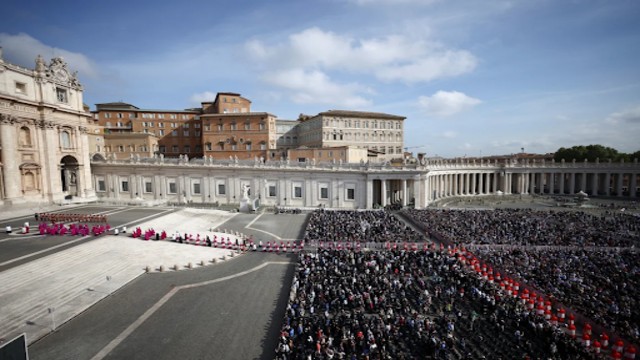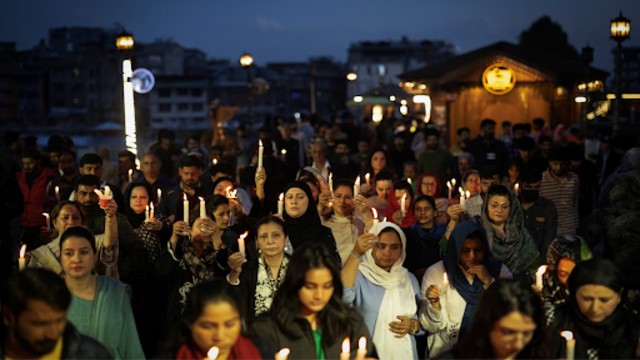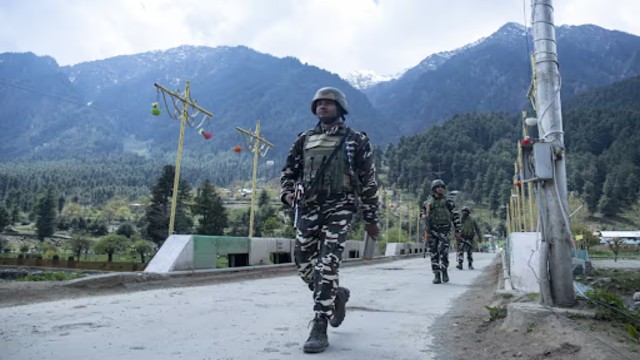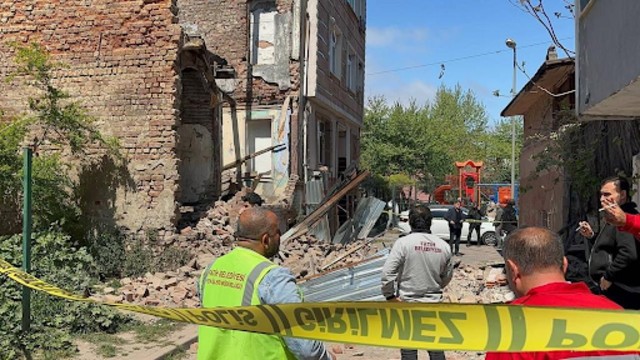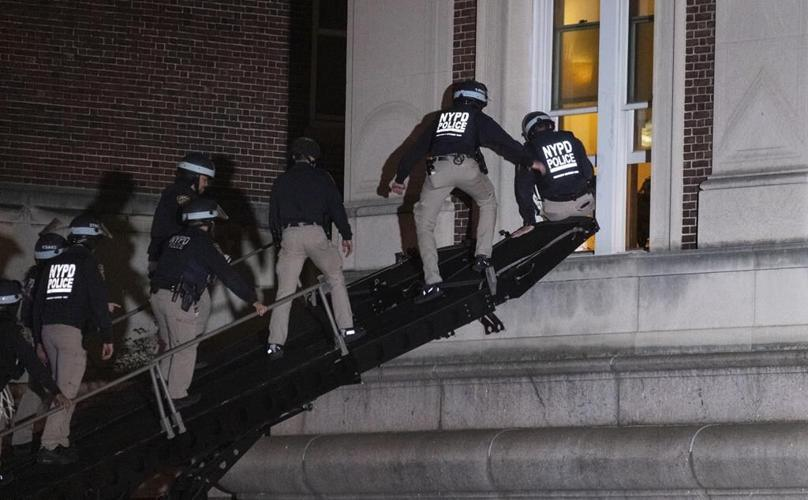
AP Photo/Craig Ruttle
Law enforcement officers at UCLA intervened in a gathering supporting a pro-Palestinian encampment on Wednesday evening. They wore riot gear as they ordered over a thousand individuals to disperse, cautioning through loudspeakers that refusal could result in arrest.
A sizable assembly of students, alumni, and locals congregated on the campus steps near the barricaded tent area. They sat and listened to various speakers, enthusiastically applauding and participating in pro-Palestinian chants. Television cameras captured scenes of students within the barricades distributing goggles and helmets while also establishing medical aid stations. In proximity, a small group of students held signs and wore T-shirts expressing support for Israel and Jewish people.
The law enforcement presence and persistent warnings were starkly different from the previous night's events. Counter-demonstrators had attacked the pro-Palestinian encampment, throwing traffic cones, deploying pepper spray, and dismantling barriers. The altercation persisted for hours until police finally intervened. Surprisingly, no arrests were made, but at least 15 protesters sustained injuries. The subdued response from authorities drew criticism from political figures, Muslim students, and advocacy groups alike.
Ray Wiliani, a local resident, expressed his support for the pro-Palestinian demonstrators, emphasizing the need to take a stand. Meanwhile, similar confrontations unfolded at other universities. At the University of Wisconsin in Madison, activists clashed with police who dismantled their tents. Similarly, at Dartmouth College in New Hampshire, police disbanded an encampment shortly after its establishment, resulting in multiple arrests, including that of a professor.
The chaotic scenes were part of a broader trend of campus protests across the United States, where arrests have been made at numerous schools since April 18. UCLA Chancellor Gene Block issued a statement condemning the previous night's attack, referring to the perpetrators as "instigators." However, he did not provide specific details regarding the incident or explain the delayed response from campus authorities.
The UCLA administration pledged to conduct a review of the events, following criticism from California Governor Gavin Newsom and the Mayor of Los Angeles. Rebecca Husaini, representing the Muslim Public Affairs Council, emphasized the importance of the community feeling protected by law enforcement, not endangered by them. During a subsequent news conference on campus, several students contested the university's injury tally, claiming a higher number were hospitalized. They recounted instances of needing to seek medical attention after being struck by objects wielded by counter-protesters.
Despite the clashes and disruptions, many pro-Palestinian demonstrators at UCLA remained peaceful and refrained from engaging with their counterparts. The university responded to the situation by canceling classes for the day.
In conclusion, the events at UCLA underscored the tensions surrounding the Israeli-Palestinian conflict, which have spilled over into university campuses across the country. The clashes raised questions about the role of law enforcement in protecting the safety and well-being of students engaged in protest activities.


